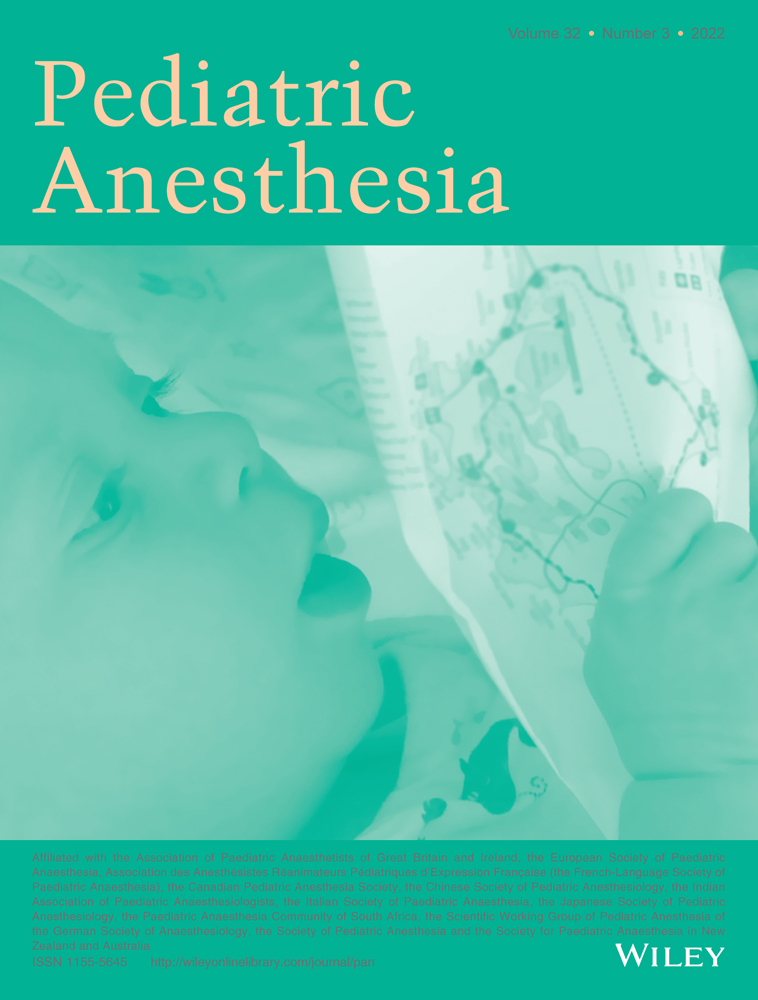Intraoperative cerebral oxygen saturation and neurological outcomes following surgical management of necrotizing enterocolitis
Predictive factors of neurological complications following neonatal necrotizing enterocolitis
Funding information
Departmental support.
Abstract
Background
The goal of the present study was to investigate intraoperative factors associated with major neurological complications at 1 year following surgery for necrotizing enterocolitis.
Material and Methods
The study consisted of a retrospective review of medical charts of patients operated for over one calendar year in one institution. Data collected included demographic data, cardiac resuscitation at birth, Bell classification, antibiotics usage, time of day of surgery, surgical technique, surgical duration, type of ventilation, intraoperative vasoactive agents, and albumin use, nadir cerebral saturation, the decrease in cerebral saturation from baseline, the time period when cerebral saturation was at least 20% below baseline, and the mean arterial pressure at nadir cerebral saturation. Reported follow-up complications were assessed during formal neonatologist consultation and additional imaging exploration as needed. Analyses included descriptive statistics, and univariable and multivariable statistics.
Results
The study included 32 patients with no prior clinical neurological complications, of which 25 had normal cerebral imaging. Severe neurological complications occurred in nine patients at 1 year: Intraventricular hemorrhage (N = 2) and Periventricular leukomalacia (N = 7). However, preoperative cerebral imaging was lacking in seven patients. Consequently, the observed neurological complications at 1 year might be present before the surgery. Multivariable analysis found the decrease in cerebral saturation ≥36% from baseline as the only factor associated with the occurrence of those complications.
Conclusion
Intraoperative decrease of cerebral oxygen saturation below ≥36% from baseline is associated with severe neurological complications in neonates undergoing surgery for necrotizing enterocolitis.
CONFLICT OF INTEREST
The authors declare no conflict of interest.




